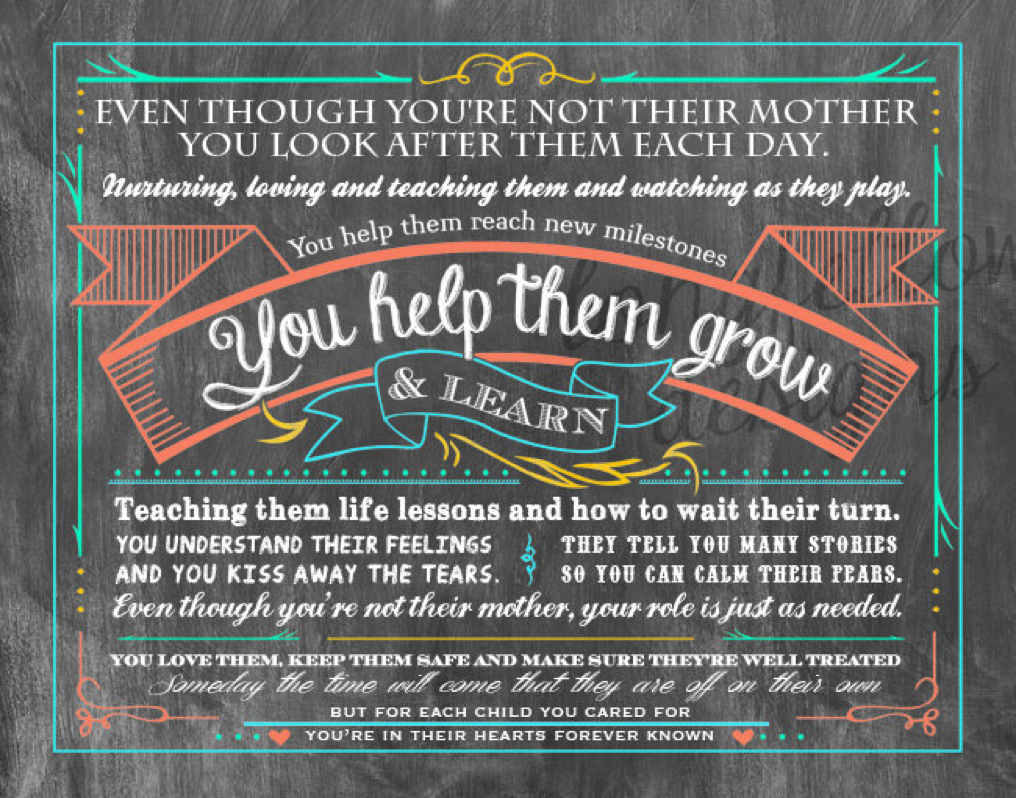Lesson 16: The knowledge we have gained
Learning Outcomes
Upon completion of this lesson's material, students will be able to:
- Reflect on how their knowledge of early childhood education has changed after completing the course
- Discuss characteristics of an early childhood educator.
Teaching
Review the information you have learned this semester on Developmentally Appropriate practice (DAP), NAEYC, Infant Toddler Guidelines, Maine Early Learning Development Standards
After completing this semester's work, think about all of the things that surprised you and how early childhood education may seem different than you had originally though. Ask youself
- Is early childhood as easy as I thought it would be?
- Am I ready to work with FAMILIES AND COLLABORATORS, in addition to children?
- Am I willing to learn all of the state guidelines, NAEYC standards and be open to growth?
- Is this something I can still do?
I am hoping you answered no, yes, yes and YES!
As challenging as early childhood education can be, it is one of the most rewarding and fullfilling careers. YOU have the power to make a difference in individual futures.
Watch Top Ten Sings You’re and Early Childhood Educator Keynote video
Assessment
Lesson 16 Assignment
Pull out assignment number one and look at your summary of then understanding. Fill out the following chart. Each number is worth ten points and will be graded based on your ability to be SPECIFIC AND DETAILED
|
Write down word for word, your understanding at the beginning of the semester |
Write down what you know NOW, how and why it has changed. |
| 1. Working with the FAMILY |
|
|
| 2. COLLABORATING with other professionals |
|
|
| 3. Be WELL VERSED in typical and atypical child development |
|
|
| 4. Have an UNDERSTANDING and build STRATEGIES to work with children with behavior challenges |
|
|
| 5. KNOW your State guidelines and best practices |
|
|
| 6. Be RESPECTFUL and PLAN for cultural and linguistic diversity |
|
|
| 7. Build AWARENESS of yourself and how your own biases and beliefs impact your work |
|
|
| 8. RECOGNIZE childhood adversity and prepare to build resiliency in children and their families |
|
|
| 9. ADHERE to the NAEYC Code of Ethical Conduct and strict confidentiality guidelines |
|
|
| 10. Be OPEN to new ideas, up to date research and practices and recognize that early childhood educators have the MOST IMPORTANT job |
|
|
Lesson 1 Discussion
After watching the video, what number do you relate to the most? - Explain
